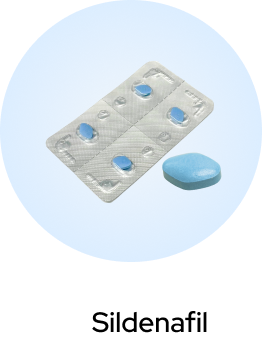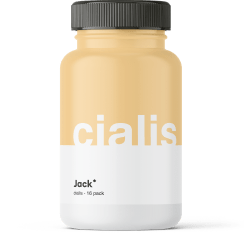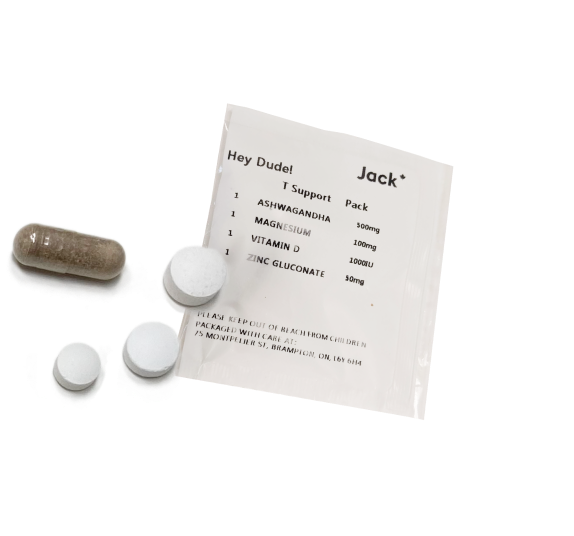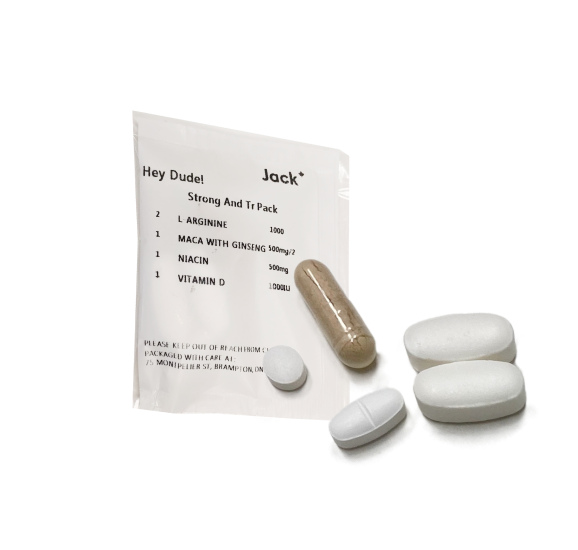We’ve all considered it – is our weight gain because our metabolism is slow or slowing down due to age or genetics? And it is very likely tue, but it isn’t the whole reason why.
Metabolic reset is concept that our metabolism can be manage back to a normal or ideal state, which implies that it currently isn’t operating as well as it could be.
Our metabolism is a fluid and dynamic system, and it changes constantly based on muscle mass, weight, hormones and stages of life. The good news? We can impact our metabolic rate to improve our chances of losing weight, what many of us are looking for when we search for ‘metabolic reset’ on Google!
But first, definitions.
The term metabolism refers to how our bodies burn energy to maintain life. RMR (resting metabolic rate) or BEE (basal energy expenditure) are ways of measuring the amount of energy an individual typically burns each day through activities.
The amount of energy burned in a day is calculated by adding the energy used to digest the food we eat, the energy needed to run basic functions of the body, and the energy used for exercise and non-exercise related activities.
CICO: calories in, calories out
Energy can be measured using calories and is applied to both input (i.e. the calories from food and drink we consume) and output (the calories we burn doing activities). By moving more (thus burning more calories) than we consume, we create a calorie deficit which means our bodies use up the stored calories (in the form of body fat) resulting in weight loss. It’s a pretty straight forward equation: to get ourselves into a calorie deficit we can:
- Increase our activity
- Eat more protein (takes longer to digest and keeps us from eating more calories)
- Increase muscle mass (burns more calories)
- Limit the calories we consume
If you do all the above, you’ll likely be in a bigger calorie deficit than if you did just one.
Those hunger pangs though…
How many calories we consume is determined (to a large extent) by our hunger. When we reduce the calories we consume, our bodies will increase the hormones associated with appetite, as well as decreasing our feeling of fulness when we do eat. Thanks body, really helpful 😑.
When we rely on getting into a calorie deficit through upping our exercise or changing how we eat alone, our bodies will often have this response. You may have encountered it yourself – being super careful on a diet, only to have it derailed when the hunger pangs become too much and we binge. Experiencing this excessive hunger may lead to not great nutritional decisions and can often play a big role in us quitting diets.
Thanks to science, medicines can help
Saxenda and Contrave are two medications that have been clinically proven to manage hunger and reduce those destructive cravings.
Saxenda (injectable daily with a small pen like needle) acts like Glucagon-Like-Peptide (GLP-1), a hormone in your body that is normally released when food enters the intestine and plays a role in the feeling of fullness. With decreased hunger, we can decrease our calorie intake, thus helping to lose weight.
Contrave (tablet taken twice daily) reduces cravings and hunger by focusing on the brain, and better managing the chemicals that can cause impulsive and excessive eating. It targets the reward system of the brain and ‘smooths’ out our appetite so you’ll have fewer afternoon hunts in the cupboard or late night snack attacks.
Weight loss starts in the kitchen
If you do decide to try medications, what you eat will make a big difference in the rate at which you lose weight, and how sustainable that weight loss will be.
An important notes: when we reduce the amount of food and drinks we consume, we run the risk of nutritional deficiencies. That’s why the saying ‘weight loss starts in the kitchen’ is so true – not only for the calorie deficiencies we hope to have, but also choosing nutritionally dense foods. This includes things like fruits, vegetables, whole grains, lean animal proteins, and plant-based proteins. Regardless of whether you’re dieting or not, nutritional deficiencies can happen – if you happen to be vegetarian or vegan, check out our other post for what you should watch out for.
The foods that are energy dense (read, high in calories) but don’t offer many nutrients should also be limited when you’re working on losing weight through a metabolic reset. This includes deep-fried or ultra processed foods, fatty meats and sugary treats. We know, it’s tough.
Protein to stay fuller, longer
Protein also has a higher thermic effect (uses more energy to digest than you get from the food itself) than carbohydrates and fats. This can positively impact our metabolic rate. Protein also helps reduce muscle loss. As we lose weight, we often lose both muscle and fat. While we are happy when we lose fat, losing muscle means we’re actually reducing the amount of energy we burn. This can lead to larger reductions in your metabolic rate if too much muscle is lost.
Exercise helps retain muscle and burns calories
It is also important to provide our muscles with enough stimulus.
Resistance-based exercise (also called strength or weight training) can help to retain muscle.
Start easy and slow when starting a resistance routine. Focus on learning basic movements first. When comfortable, move onto challenging your muscle until near fatigue. Resistance exercise also increases our energy output. You can use resistance-bands, weights, bodyweight, or exercise machines to do resistance exercise.
It is also important to consider cardio-based activity. Cardio can include activities like cycling, walking, and swimming. Cardio often burns more total calories during a single session than resistance. It can also improve your overall cardiovascular health.
Non-exercise related activity (cleaning, unloading groceries, chasing after kids) can also increase the total calories burned in a day. These activities add up, mainly because we don’t notice that we’re doing them and we do them all day!
To see how much these non-exercise activities can add to your health, measure them with smart watches or a pedometer.
There are many factors related to our calorie balance and thus our metabolic rate. Adding medications can help with hunger and cravings. However, it is important to consider lifestyle related factors. This helps improve health and weight management.
Metabolic resets are a good way to review your health, habits and take the opportunity to make changes to help with your weight loss goals. A combination of medication, active lifestyle and good food choices will help immensely.

Can exercise improve your T levels?
Not directly, but it helps build muscle and lose weight both of which have a positive effect on T levels.

Your kitchen & your diet: top tips to help lose weight
Many things affect what we eat, and if we lose weight – one of the biggest and easiest to manage is what we have in our kitchen.

Do I have to exercise to lose weight? No, but here are five reasons you should.
Exercising may help to lose weight faster and will assist with keeping it off for the long term.


















 (US)
(US)



